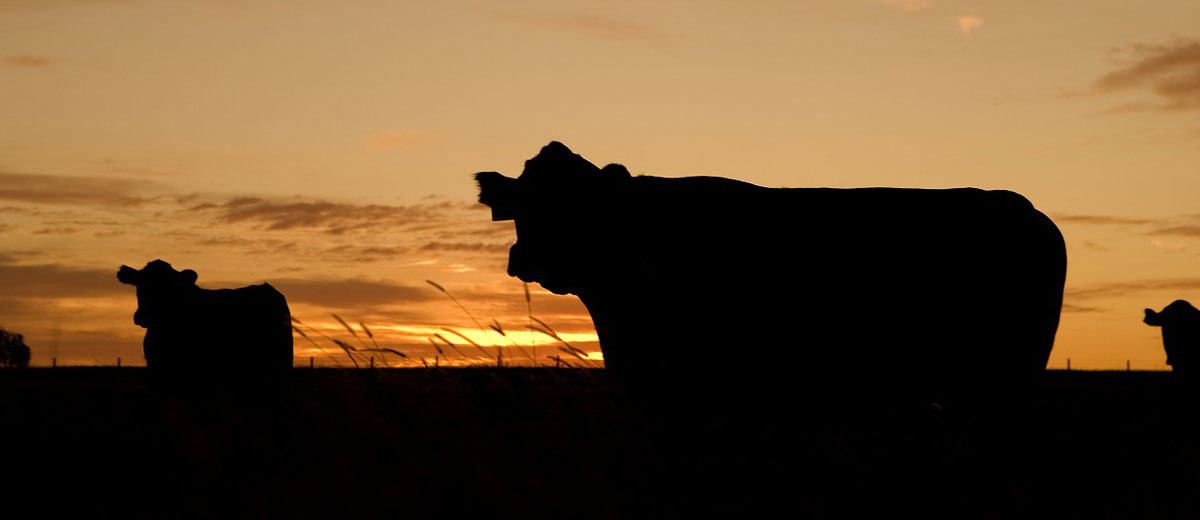
Top up on the Way for Eligible Livestock Producers
Canada’s Minister of Agriculture and Agri-Food Lawrence MacAulay and Saskatchewan Agriculture Minister David Marit announced additional payments will be provided to eligible livestock producers already enrolled in the 2023 Canada-Saskatchewan Feed Program. The Program, introduced on October 20, 2023, was put in place to help maintain the breeding herd in drought impacted regions of the province.
“Drought conditions are having a serious impact on livestock producers right across Saskatchewan,” MacAulay said. “We will continue working closely with the province to ensure affected producers have access to the financial tools they need to protect their operations.”
“These additional payments will assist livestock producers who have felt the impact of drought throughout the province,” Marit said. “The Program provides additional relief measures to offset extraordinary costs to secure feed for livestock. This is a government that will always stand up for the needs of producers and the industry as a whole.”
Initial payments were prorated to a maximum of 75 per cent of the total payment based on the application from producers. This prorated approach ensured that all eligible producers could receive support. The current outstanding total program budget allows for the remaining 25 per cent to complement the initial payments issued to producers who applied and were deemed eligible before the deadline. Producers within the designated regions, as originally guided by the Canadian Drought Monitor map will receive a top up of up to $50 per head. Applicants that were in the provincial-only area will receive a top up of up to $20 per head.
“The last couple of years have been a struggle for cattle producers in the province,” Saskatchewan Cattlemen’s Association Vice-Chair Chad Ross said. “Minister Marit and the Saskatchewan government were quick to respond to the challenge through the Canada-Saskatchewan feed program. We appreciate the investment in our industry made by both levels of government and thank you for the additional support announced today.”
Applicants were required to submit receipts or appropriate documents for the extraordinary expenses. The deadline to submit applications to the Canada-Saskatchewan Feed Program ended March 15, 2024. Saskatchewan Crop Insurance Corporation’s Feed Team will automatically reprocess all applications for producers who previously submitted applications before the deadline for funding through the Canada-Saskatchewan Feed Program. Producers should expect to receive funds in the coming weeks.
“SARM appreciates the top up funding to the Canada-Saskatchewan Feed program which will help livestock producers who are experiencing extra costs associated with drought,” Saskatchewan Association of Rural Municipalities President Ray Orb said. “SARM values the ongoing commitment from both levels of senior government to Saskatchewan agriculture.”
“Producers greatly appreciate this additional drought assistance that will bring the per head assistance up to 2021 support levels in the hardest hit regions of the province.” Saskatchewan Stock Growers Association General Manager Chad MacPherson said.
The Canada-Saskatchewan Feed Program received 3,486 applications.
Saskatchewan’s AgriRecovery Program has been referred to as the Canada-Saskatchewan Feed Program since October 2023. AgriRecovery is a federal-provincial-territorial disaster relief framework to help agricultural producers with the extraordinary costs associated with recovering from disaster situations. AgriRecovery initiatives are cost-shared on a 60:40 basis between the federal government and participating provinces or territories, as outlined under the Sustainable Canadian Agricultural Partnership (Sustainable CAP).
Producers also have access to a comprehensive suite of business risk management (BRM) programs that are the first line of defense for producers facing disasters, including AgriStability, AgriInsurance and AgriInvest. With joint funding from the federal government and provinces, these BRM programs provide protection against different types of income and production losses.








































